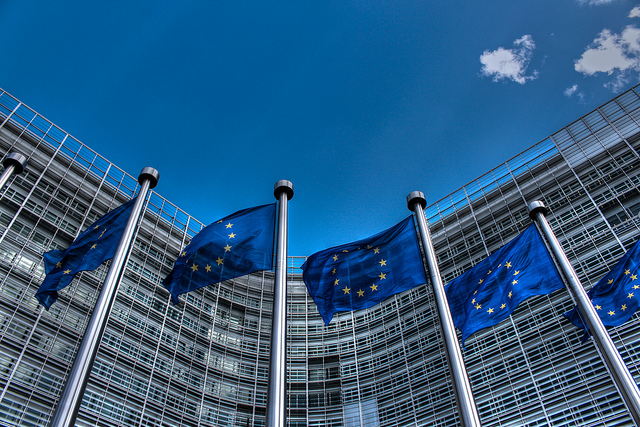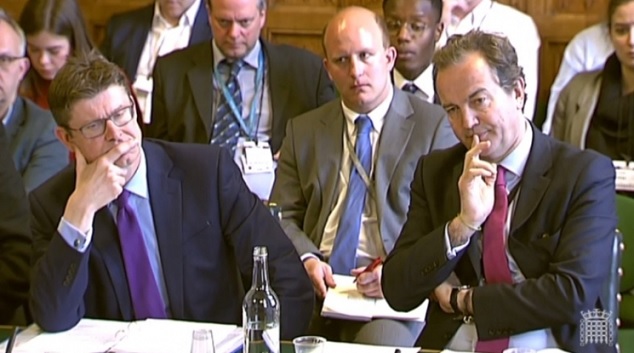
There is no justification for the government’s delays in publishing domestic energy and climate change policy as a result of Brexit, according to a group of MPs scrutinising the Department of Business, Energy and Industrial Strategy (BEIS).
In its report, ‘Leaving the EU: negotiation priorities for energy and climate change policy’, published today, the BEIS select committee states that many of the UK’s decisions in these sectors are long term and not dependent on the outcome of negotiations.
“Brexit must not be allowed to distract the government from the delivery of essential and long-term domestic policy decisions, such as the Clean Growth Plan, nor to undermine the government’s commitment to meeting emissions reduction targets, which are enshrined in domestic legislation,” it states.
The report adds that there is no reason for delay in making decisions “which are necessary to facilitate much-needed investment in the UK energy market”, such as the Clean Growth Plan (CGP), which are controlled entirely by the UK government throughout the negotiations.
The cross party group of MPs therefore expressed their disappointment that the government has been unwilling to announce its overall objectives in respect of energy and climate change.
Along with “many” of the witnesses that took part in the inquiry, the BEIS select committee has urged the government to publish its overall objectives in the field of energy and climate change policy without delay. It argues that this would provide clarity, stability and foresight and foresight to industry stakeholders, allowing them to adjust their investment and operational plans.
Iain Wright MP, chair of the BEIS Committee until he steps down at the forthcoming election, said: “In the short term, the government should seek to avoid disruption the energy sector and domestic climate change agenda. Government needs to provide as much clarity and stability as possible to support investment and avoid damaging UK competitiveness and adversely affecting consumers.”
The long-awaited publication of the CGP, formerly known as the emissions reduction plan, was originally expected by the end of the 2016. Climate change minister Nick Hurd then pledged to deliver the plan by the end of March however in a recent session with the committee, he said it was now “in a holding pattern” due to the surprise announcement of a general election.

Secretary of state Greg Clark (left) and climate change minister Nick Hurd (right) were questioned last month by the BEIS select committee.
With the pre-election purdah period now in place, the government is prohibited from releasing any policy documents which could impact the views of voters ahead of 8 June, meaning the CGP is likely to be pushed back till the summer if the Conservatives win the election.
The BEIS report points out that generally, energy and climate change policy has been absent from the Brexit debate with industry stakeholders, secretary of state Greg Clark and others agreeing that disruption to current arrangements should be avoided.
In the same session with the select committee in April, Hurd claimed that up to this point, the UK’s climate change “journey had been intertwined with our European partners”. However, domestic legislation as set out in the Climate Change Act would now act as the “guiding star” for the UK’s future efforts, suggesting that the country would move away from renewable energy and emissions targets set at EU level.
When asked about the EU’s stance that “any future agreement will be conditional on the UK’s continued adherence to the standards provided by international obligations, including EU legislation and policies on the environment, climate change”, Hurd said this would form part of the UK’s negotiation strategy.

